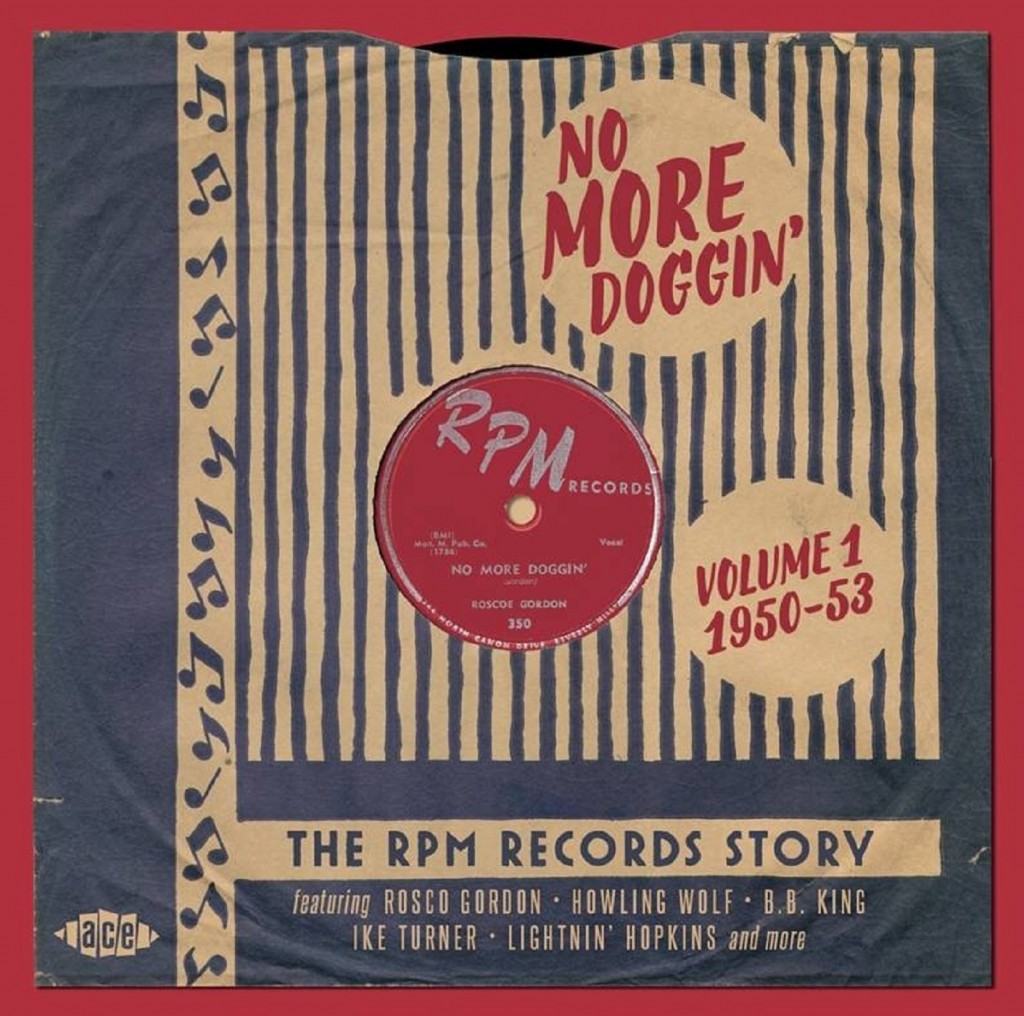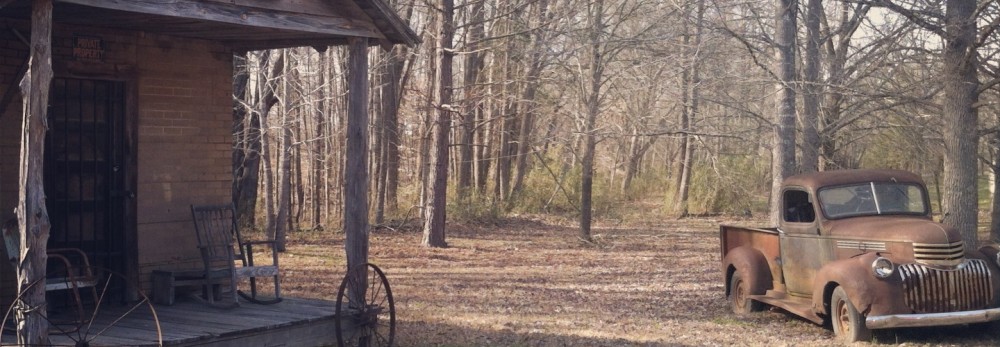 Full of Jump Blues, early R&B, and down-home Country Blues, the double-disc collection No More Doggin’ The RPM Records Story Vol. 1 might be one of the best introductions to early 50’s blues ever. Compiled by the good folks at ACE Records, this collection covers the early years of RPM Records and features well know artists like B.B. King, Howlin’ Wolf, and Lightnin’ Hopkins.
Full of Jump Blues, early R&B, and down-home Country Blues, the double-disc collection No More Doggin’ The RPM Records Story Vol. 1 might be one of the best introductions to early 50’s blues ever. Compiled by the good folks at ACE Records, this collection covers the early years of RPM Records and features well know artists like B.B. King, Howlin’ Wolf, and Lightnin’ Hopkins.
Started in 1950 by the Bihari Brothers, RPM was meant to be a subsidiary of the Bihari’s very popular label Modern Records. After initially having lots of success with Modern, the Bihari’s began having trouble getting their records played on the radio due to stations not wanting to play too many sides from any one label. So in order to get their product on the airwaves the Bihari’s started a number of subsidiary labels. Probably the most popular of Modern’s subsidiary labels, RPM introduced the world to a Memphis radio DJ by the name of Riley B. King. Eventually known as “B.B. King”, Riley came to the attention of the Bihari Brothers thanks to their working relationship with Memphis talent scout/producer Sam Phillips. Phillips at the time was recording local artists with his Memphis Recording Service then sending the masters to labels like Modern and Chess. Trough their relationship with Phillips, the Bihari’s got hooked up with some of the best talent in Memphis. Unfortunately their relationship ended when Phillips and the Bihari’s had a disagreement over a B.B. King session and went their separate ways. Fed up with feeding product he recorded to other labels, Phillips then decided to start his own label, Sun Records. As for Modern/RPM, even without the help of Phillips the label still went on to produce many more hits, including B.B. King’s breakthrough hit record Three O’Clock Blues.
No More Doggin’ The RPM Records Story Vol. 1 starts off with the Dixieland-style track “Alabama Bound”. Sung by Adele Francis, this tune was RPM’s first release in 1950. Other stand out tracks are Sonny Blair’s down-and-out blues ballad “Glad To Be Back Home”, B.B. King’s “Other Night Blues, and Howlin’ Wolf’s “Riding In The Moonlight”. My personal favorite recordings on this collection are the Lightnin’ Hopkins tracks. Excellent versions of “Bad Luck and Trouble” and “Another Fool In Town” showcase Hopkins at his bluesy best, while “Jake Head Boogie” shows that he also could ROCK when he wanted to. Another nice surprise on this collection is the tune “It’s Time For Lovin’ To Be Done”. Performed by Detroit Bluesman Little Eddie Kirkland, the song features uncredited backing vocals by the great John Lee Hooker!
As usual the folks at ACE left no stone unturned when putting this collection together. Included in this collection is a nice history of RMP records as well as a few words on all the performers. All of the albums 52 tracks sound crisp and clear thanks to the extra care shown by the folks who did the remastering. If you want to hear where Rock N’ Roll really began this collection is for you.

